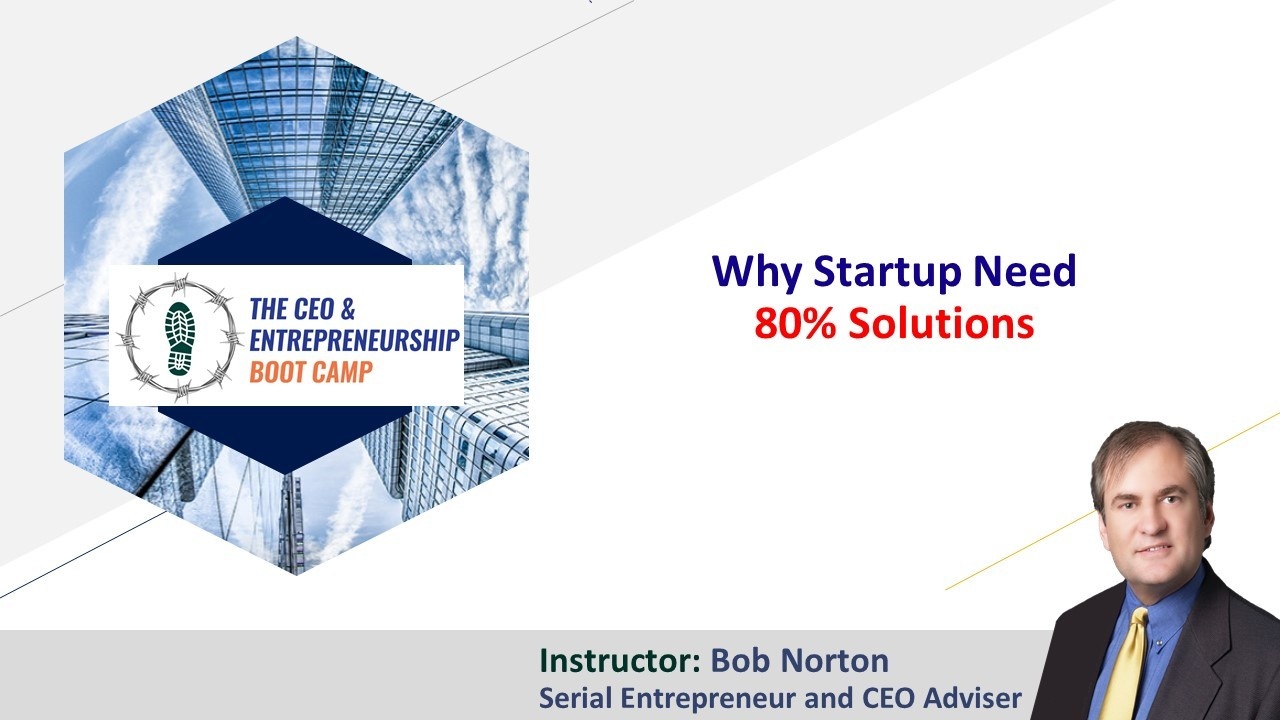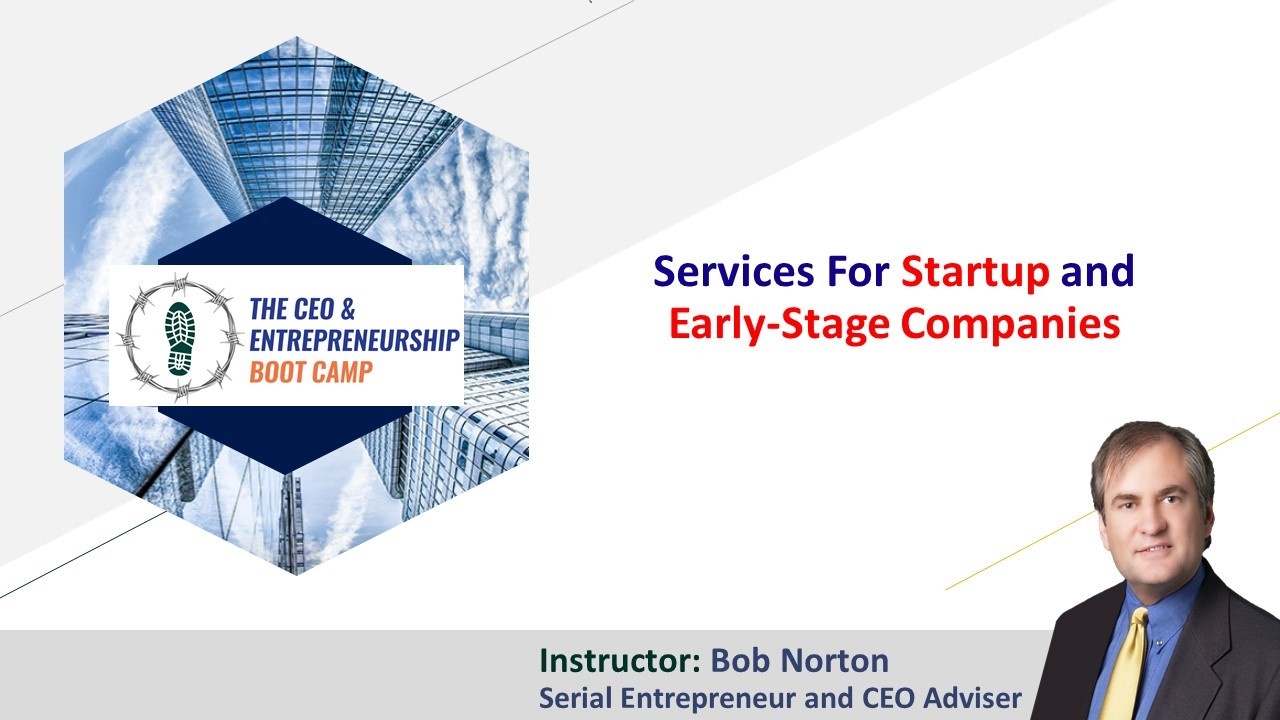Job Scope in Early Stage Companies

In any startup company, EACH employee MUST wear many hats. In a large company, job specialization is the rule. However, job specialization does not make for a successful startup, as it requires too many people and both the costs and risks would greatly increase with the added levels of people and communication.
It is a well-known fact that there are diminishing returns with each layer and additional employees on any project. This is even more pronounced in knowledge-intensive areas and professional services like software engineering and other knowledge and design-intensive areas. (Read The Mythical Man-Month). In early-stage and smaller companies, each employee must provide a range of value-added responsibilities that might encompass several jobs at a large company.
Therefore, employee selection in early-stage companies is not only more critical because there are so few people, but also more fraught with danger because each person's "scope", ability and attitudes must be...
How Do You Grow a Company To $100 Million?

Launching a startup company may be the hardest thing you ever do. This is a big question with many moving parts and hundreds of things to get right that comes from experience and art, not just black and white answers. However, there are many things that can be easily agreed on that will go a long way to getting you there. First, let's talk about the stages because it is clear that there are very different skill sets and modes of operation at different stages of the company's development. Let's call these stages Raw Startup, Early Revenue, and Established. Raw Startup is the idea development stage, working out of the home or "garage" without a significant burn rate. Generally, you are spending most of your time developing your plans, researching the market and customers, and defining the product. You may also develop the actual product, or need to raise funding to accomplish this. Early Revenue is when you have a product or service...
Hiring Wisdom Collected From Many Sources

John F. Welch Jr., CEO of General Electric, identifies four types of managers:
1) People who deliver on commitments and share the new values—retain and reward these people;
2) People who don't meet commitments and don't share the new values—these people must go;
3) People who sometimes fail to meet their commitments, but who share the values—give them a second chance;
4) People who meet commitments but don't share the values—they must change or go, because their results aren't worth the price.
Southwest Airlines has been successful hiring by the smile.
| Power vs. Powerlessness | |
| Powerless | Empowered |
| Create bureaucracy | Do the right thing |
| Are insecure | Are self-confident |
| See "them and us" | See "we" |
| Focus on task | Focus on result |
| Follow rules | Take risks |
| CYA (cover your assets) | |
| See win/loss issues | See win/win issues |
Hire consultants for skills. Hire senior people for attitude and ability....
Giving Toothless Boards Some Bite

Giving Toothless Boards Some Bite
Most directors are stuck in a system that makes it tough for them to protect shareholder interests. The author offers two solutions.
The possibility of directors paying out of their own pockets for corporate misconduct occurring under their watch has been raised by three recent cases. On January, 18 Enron directors agreed to pay $168 million -- 10 of them spent $13 million of their own money -- to settle their portions of securities class-action suits. In February, a deal fell apart that would have had 10 former WorldCom directors settling shareholder lawsuits by paying a total of $54 million -- $18 million from their own pockets, representing 20% of their net worth. And Walt Disney (DIS) shareholders are suing the company's former directors -- demanding they repay a $140 million severance package awarded to Michael Ovitz, who spent an unsuccessful 14 months as the entertainment giant's president. If Disney shareholders...
When and How to Use Consultants Cost-Effectively

Consultants And Getting The Most Value Added
As a CEO I struggled long and hard over any decision to use a consultant. There are many issues that need to be managed by the client to keep a consultant from going overboard on time and costs.
Too many need to long to get up to speed on your business (on your dime), cost too much, and can not provide tangible results on a limited project basis. Too many are unproductive and do things in ten hours that I know I could have done in 2-3 hours, as paying by the hour is often a demotivation, while paying by the task aligns the client's and consultant's interests more.
All that said, I currently make my living as a consultant and do believe there is a better way.
The old saying that a consultant is someone who you pay to learn your business who then goes down the street to sell that expertise to someone else next week can be true if you let it happen that way. But it does not have to be that way if you use consultants appropriately and as a...
Fixing Venture Capital

From www.Joelonsoftware.com
Many software companies these days are built using some form of venture capital. But the VC industry has been hurting lately. A lot of investments in dot-coms turned out to be spectacular flame outs. As a result, VCs are becoming ever more selective about where to put their money. To get funded these days, it's not enough to be a pet shop on the web. Nope! You have to be a pet shop on the web with 802.11b wireless hotspots, or your business plan is going right in the dumpster.
The formerly secretive world of VC has become a bit more transparent, of late. VCs like Joi Ito, Andrew Anker, David Hornik, and Naval Ravikant has created weblogs that are a great source of insight into their thought process. That dotcom thing resulted in three great books by company founders that look deep inside the process of early-stage financing (see footnote). But as I read this stuff, as a founder of a company, I can't help but think that there's something...
Finding Out What You Don't Know You Don't Know

What gets most early-stage companies in trouble is the areas that they just don't understand, that they don't know enough about. In other words, the biggest problem is that they don't know what they don't know. Nearly every failed company will say they ran out of cash, couldn't raise enough capital, or just did not get the sales they expected quickly enough. But these situations are generally the effect, not the cause. Generally speaking, other problems that the company or entrepreneur does not understand very well are usually the root cause. This situation is actually far more dangerous than just not knowing because you cannot tackle a problem that you do not even know exists. The best entrepreneurs and CEOs are learning machines and understand what they do not know. I call this the Prudent CEO or person that appreciates the fact that the last Renaissance man, or woman, existed hundreds of years ago. In this day and age, there is just way too much...
The Financing Landscape Today

Note: This article was written in 2004 and has been updated, though the evolution of the market has continued traditional expectations in 2013 still seem to have faded.
The financing landscape today has changed radically. Everything you learned in the last 5 years is obsolete. We are back to looking like the early 1990s again as everyone has "moved up the food chain" one to two levels. True Series A financings with money designed to develop the product are very rare and most first institutional investments are in companies with proven "traction", this means lots of sales completed. In the past there were usually TWO rounds of financing before this was required, one to develop the product and another to accomplish the first several sales by testing the sales and marketing processes. This means you need to get much further on much less money. This can mean adding a service component to your market entry strategy, corporate partners, or many other strategies, but unfortunately,...
Why Startup Need 80% Solutions

You can't be all things to all people
Ever notice how that last 10% of almost any job takes half the time or more? This is a simple fact of life in most tasks because the more detail you try to finish the further you get up that exponential cost/time curve to perfection. Even painting your house perfectly is an unachievable and ridiculously expensive goal. In fact, an excellent job will cost twice as much as a very good job, and that will cost twice as much as a "good" job, which will cost twice as much as an OK job. That means an excellent job can cost about sixteen times more (2 X 2 X 2 X 2 =16) than a good job! Think about that next time you get a fixed price quote! So you need to decide where you want to be on that quality curve, which is also exponential. How close will you want to look at that paint job to feel good about it? How much will customers want to pay? This fact of life applies to most products and services in some way.
Unlike large companies, where thousands of...
Services For Startup and Early-Stage Companies

Early-stage companies are the most fragile, have the least resources and the biggest challenges ahead of them. Developing a new business is one of the biggest challenges in life and generally requires experience in at least five key disciplines (product/service development, finance, sales, marketing, and operations) to do well. For a founder or entrepreneur and their team to be successful, they must have not only industry domain experience but all these skills available to design the business at both the strategic and tactical levels (a vision). Taking all these disciplines into account and then allocating resources appropriately for the specific situation among these areas requires much experience and entails many trade-offs and judgment calls. The only experience can be our guide here. Identifying and managing risks is also something only experience and knowledge can conquer. For very early-stage businesses, hiring a full-time,...


